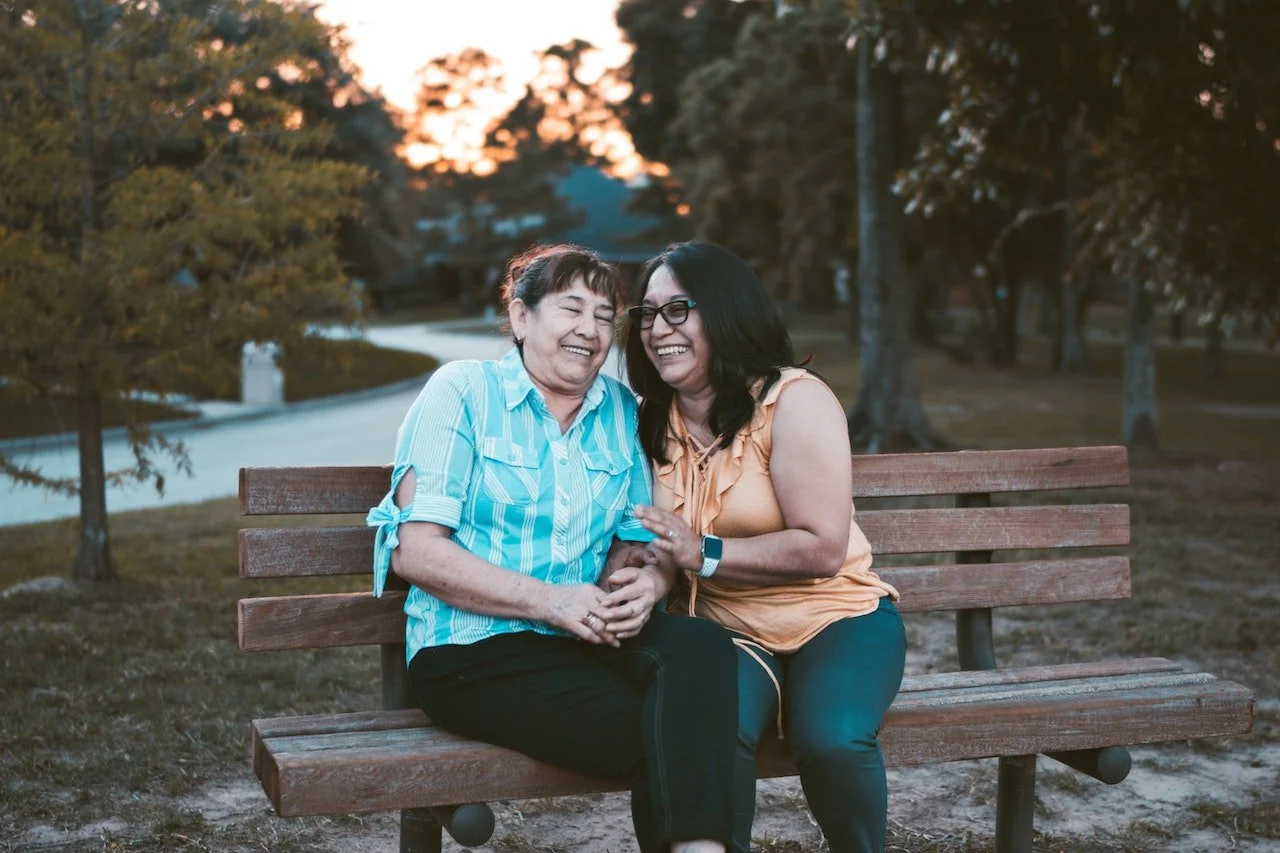The 2020 global lockdown was a catalyst for me to discontinue physical resistance to aging. I stopped getting botox and after 45 years of a nearly-daily make-up routine, I now wear it only for media work.
I spent a lifetime concerned about my looks, a legacy inherited from my southern-belle mother, who maintained a meticulous movie-star appearance right up to her death at 84.
Despite my presentational devotion, like many females who based her worth on mimicking Barbie or a Playboy Bunny, I never thought I was pretty, sexy, or desirable enough—a feeling that many females in our society are conditioned to internalize. No wonder the beauty industry generates nearly $600B per year!




















